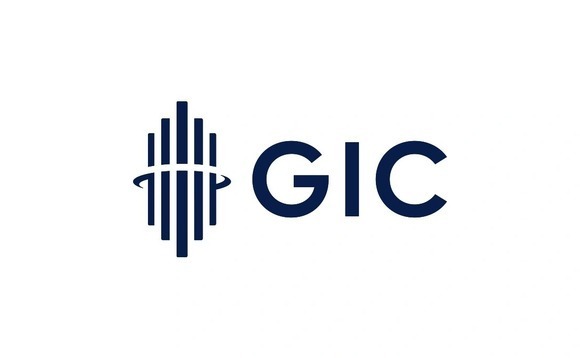
Singapore's GIC emphasises infrastructure, sustainability

Singapore’s GIC is leaning towards infrastructure and sustainability-related assets as part of efforts to ensure portfolio resilience in the face of continued disruption driven by inflation, chronic geopolitical risk, and rising interest rates.
Chow Kiat Lim, the sovereign wealth fund's CEO, cited "emphasising stable income-generating assets that protect our portfolio against inflation" as one of several measures to minimise disruption. He also referenced raising the level of portfolio liquidity and shifting capital to sectors and countries that stand to benefit from supply chain reorientation.
Lim added in the latest annual report that building up infrastructure exposure is a long-term resilience-related goal. GIC has long used real estate as a hedge against inflation and the real estate share of the overall portfolio was 13% as of March, up from 10% a year earlier. The real estate allocation is now equal to developed market equities.
Private equity held steady at 17%. A year ago, GIC positioned private equity as an inflation mitigator, noting that the asset class offers growth so that returns do not trail inflation. It was seen as complementing the protective characteristics of real estate and infrastructure, which generally outperform bonds in high-inflation environments.
GIC said it remains committed to gradually increasing allocations to private equity as well as real estate. Yet sentiment on the asset class appears to have weakened. Jeffrey Jaensubhakij, GIC's CIO, told The Financial Times that "many of the things that were tailwinds for the private equity industry have come to an end … and I don't think they are coming back any time soon."
Not only has a potent mix of high valuations, relatively low cost of debt, and low interest rates weakened, Jaensubhakij said, but private equity investors are also challenged by the amount of capital looking for targets exceeding the value of assets available at reasonable prices.
GIC's commitment to sustainability-related investment – also flagged up last year – continued with a restructuring of resources to address the opportunity better. This included the creation of three thematic investment platforms. One of them, the sustainability solutions group, sits within the private equity department and focuses on early-stage energy transition opportunities.
"To align existing energy systems to a pathway aligned to net zero by 2050, the world will need to incur over USD 126trn of additional capital expenditures from 2021-2050," the annual report said.
At the same time, investments are needed to shore up ageing infrastructure and physical assets, to ensure that businesses remain resilient to increasing physical stresses resulting from global warming. Secular trends of climate change mitigation and adaptation are playing out simultaneously and require long-term investment capital to enable the scaling up of solutions."
GIC's 20-year annualised return for the 12 months ended March was 4.6%, up from 4.2% the previous year. It is the highest return since 2015. However, the sovereign wealth fund's return over the last five years is 3.7%, the lowest since 2016. The sovereign wealth fund claims to have invested well over USD 100bn while independent assessments put its wealth at more than USD 300bn.
GIC's investment framework comprises three building blocks: a reference portfolio, currently 65% global equities and 35% global bonds, based on long-term risk appetite; a policy portfolio that offers balanced exposure across different asset classes; and an active portfolio comprising strategies in which managers add value to the policy portfolio while broadly maintaining the same level of risk.
The policy portfolio envisages allocations of 13%-17% and 9%-13% for private equity and real estate, respectively. Infrastructure is classified as an active strategy.
Latest News
Asian GPs slow implementation of ESG policies - survey
Asia-based private equity firms are assigning more dedicated resources to environment, social, and governance (ESG) programmes, but policy changes have slowed in the past 12 months, in part due to concerns raised internally and by LPs, according to a...
Singapore fintech start-up LXA gets $10m seed round
New Enterprise Associates (NEA) has led a USD 10m seed round for Singapore’s LXA, a financial technology start-up launched by a former Asia senior executive at The Blackstone Group.
India's InCred announces $60m round, claims unicorn status
Indian non-bank lender InCred Financial Services said it has received INR 5bn (USD 60m) at a valuation of at least USD 1bn from unnamed investors including “a global private equity fund.”
Insight leads $50m round for Australia's Roller
Insight Partners has led a USD 50m round for Australia’s Roller, a venue management software provider specializing in family fun parks.







